Digimon Survive is one of the most pleasant and fun entries released in 2022. While Pokémon will always best Digimon with raw numbers, the prodigious Digimon series can still find ways to usurp Pokémon with its more complicated storylines, as was proven in Digimon Survive. Whereas Pokémon always prides itself on keeping its games’ narratives simple and binary, Digimon is brave enough to move away from the typical binary mindset of good and evil.
Related: Digimon Survive tells a refreshingly mature story, if you’re willing to wait – Review
The strength of Digimon Survive’s Story
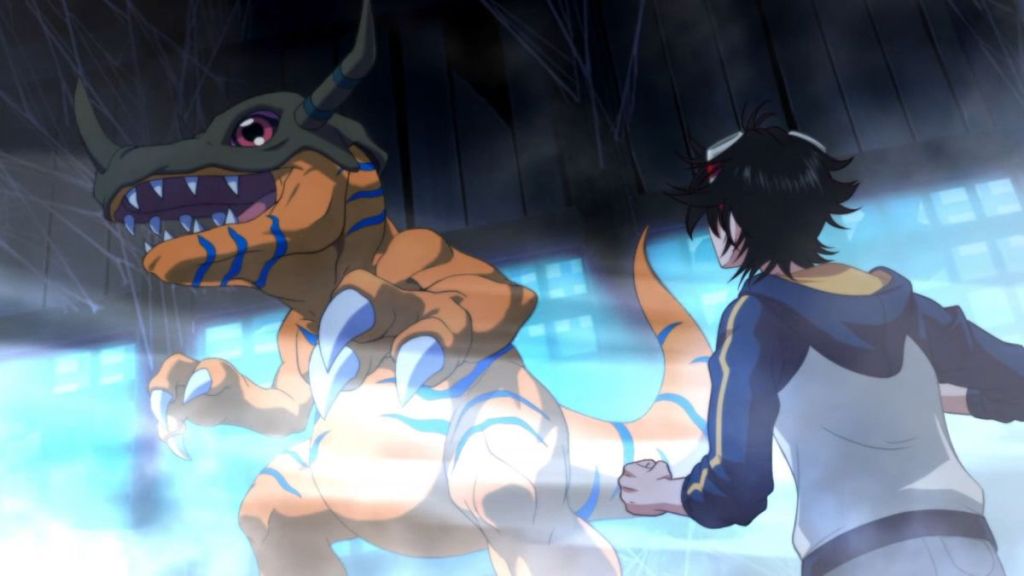
With Digimon becoming more of a niche in recent times, it allowed creators and writers to take bigger risks with the property than Pokémon. Digimon will never match the Pokémon franchises again in terms of sales or popularity. Nonetheless, Digimon has the willingness to create more interesting media that can usurp the quality of Pokémon. Digimon is not afraid to go in dark directions, as proven by the success of the hit visual novel game Digimon Survive. The Pokémon series will occasionally touch on dark subject matters, however, the themes in Pokémon are always binary, with a clear right and wrong choice. There are no right or wrong choices in Digimon Survive.
Digimon Survive focuses on many dark topics, including death, survival, and insecurity. It’s fundamentally a coming-of-age story, yet it doesn’t shy away from the harsh realities of growing up. Whereas Pokémon portrays growing up as a fun, light-hearted affair, Survive goes over the brutality of becoming an adult. What makes Survive’s story such a bleak experience is how relatable every character’s shortcomings are and that your decision as the lead character genuinely has consequences. While the main protagonist Takuma is the shining beacon of how to handle yourself in stressful situations, the rest of the cast of characters fall prey to their own flaws. Aoi may come off as well put together, but she actually falls apart as soon as things become too much to bear. Minoru uses his aloofness to hide his insecurity about not being a real hero. Saki is warm and welcoming yet secretly pushes people away with things about her past. Miu can’t stand her older brother’s over-protectiveness, while Kaito is too aggressive and concerned with his sister to try to make friends with the rest of the cast.
The beautiful aspect of Digimon Survive is seeing the characters overcome their own flaws, and you feel like you have had a hand in doing that. Your conversations with the rest of the cast allow Aoi, Minoru, and the rest to overcome their trauma and become better people at the end of the day. However, the tragedy of Survive is that not everyone can overcome their own weaknesses. The game painfully paints that brutal reality in its early chapters with the unexpected deaths of Ryo and Shuuji.
Ryo has a full-on mental breakdown, and on your first playthrough, there’s nothing you can do. You’re forced to watch Ryo’s slow descent into madness and death, and it’s not an easy thing to witness, but it perfectly captures the themes of what the story is trying to say. Shuuji crumbles over the weight of being the oldest in the group, and he lashes out against his Digimon partner because of his insecurity. His abusive personality is pathetic and hard to view, making his inevitable death at the hands of his Digimon partner bleak. Pokémon never features any onscreen death and only brings up the topic via flashbacks or ghosts.
Depending on your actions as Takuma, other characters can also perish. Aoi can succumb to the same madness that claimed Ryo and transform herself into a monstrous Digimon. Kaito can become disillusioned with the group if his sister dies and decides to destroy everything as revenge. Pokémon at no time goes that far in its story, and the Pokémon games make sure that every action you take is for the positive with no negative comeuppance. What prevents Digimon Survive from becoming cynical is the characters’ relationship with their Digimon. Whereas the main characters are susceptible to human flaws and corruption, the Digimon are incorruptible.
The Weakness of Pokémon’s Story

In Pokémon, there’s always a clear big bad to face, someone that needs defeating. No matter your actions in your Pokémon games, you will always be classified as a good person. In the Pokémon games, you have to stop the evil team, collect the badges, and save the day. The storyline doesn’t allow you to play any other way. Your only action is to be good, and the games have already decided what is good within the Pokémon universe. Survive’s whole purpose is freedom of choice, with your decisions having direct consequences, good or bad.
Parental negligence is a common theme throughout the Pokémon games, with Scarlet and Violet, and Sun and Moon featuring heavily on selfish parents who neglect their children to achieve a specific goal. Sun and Moon even imply emotional abuse, one of the darker topics the franchise has ever touched on. However, the Pokémon stories make it clear what is right and wrong. The awful parental figures in the Pokémon games are always featured to be on the wrong side, and there is no complexity behind it beyond the shock value.
The only time the Pokémon games had a complex story was in Black and White, which were about the ethical quandary of capturing and keeping Pokémon trapped in small devices, letting players think if their actions are as innocent as they want to believe. Unfortunately, the complexity of Black and White dampens by Team Plasma’s evilness, whose goal is to free every Pokémon. Because of Team Plasma’s actions, you, as the player, are always on the moral high ground, no matter how many Pokémon you entrapped. By making Team Plasma evil, it takes away the grayness of the moral argument of Black and White.
Beyond Black and White
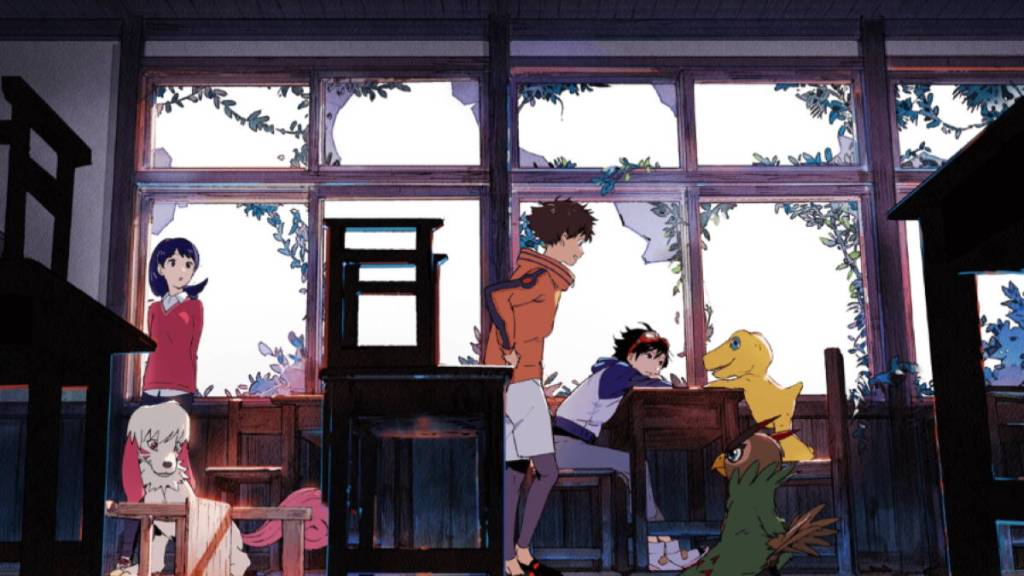
Pokémon is, at this point, comfortable with its binary black and white, yet it doesn’t mean the Pokémon universe lacks nuisance. The Pokémon titles draw nuisances by showing the actions of the supporting cast and by touching on subject matter that caters to the binary of good and evil. Even though the main playable character is a blank slate with no personality, the supporting cast has character arcs tied to your actions. On the other hand, Digimon Survive revels in the lack of true right or wrong answers. In Survive, you can make almost all the right decisions, yet your friends could still die. It’s harsh and depressing but also sincere and more accurately represents the real world. Nonetheless, no matter what route you end up with (except maybe Wrath), Digimon Survives ends on a hopeful note for the future, which is all we could wish for in the end.
Related: Pokémon vs. Digimon: Which monster lineup would win?
Pokémon is not allowed to make those same risks with its story, and it may be best for the Pokémon franchise to never go that dark. Nevertheless, it’s a good thing that Digimon exists to provide those kinds of themes in our monster-hunting fantasy. What’s the point of befriending digital monsters if we don’t learn anything from them?

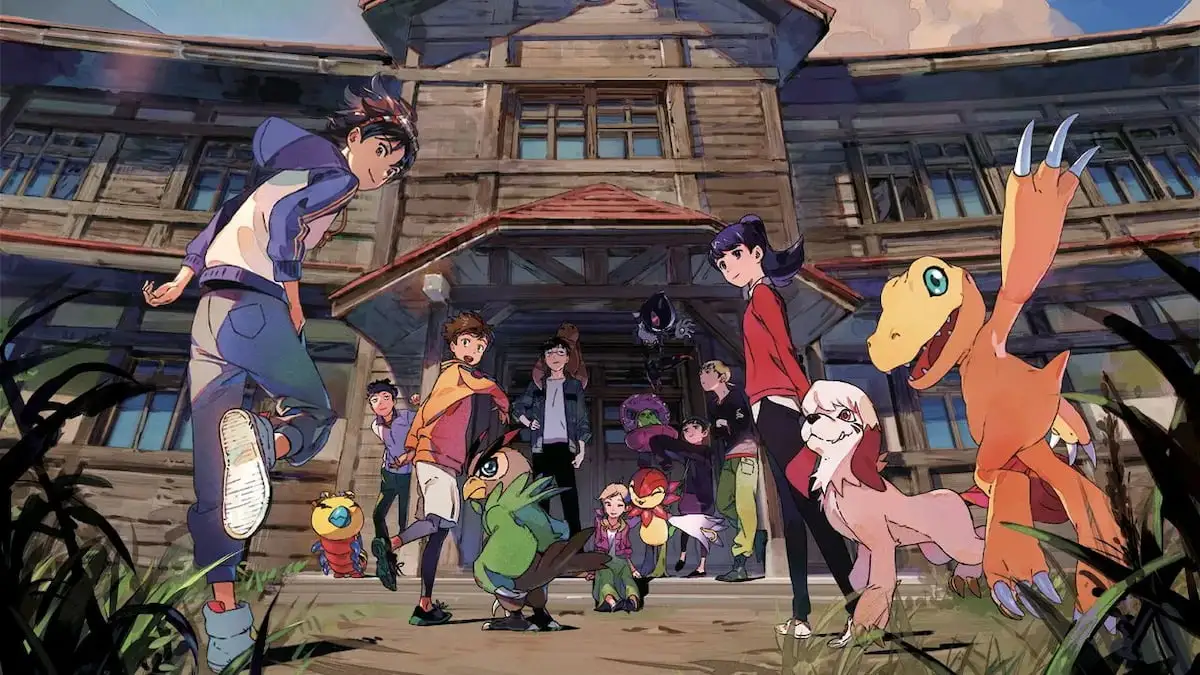
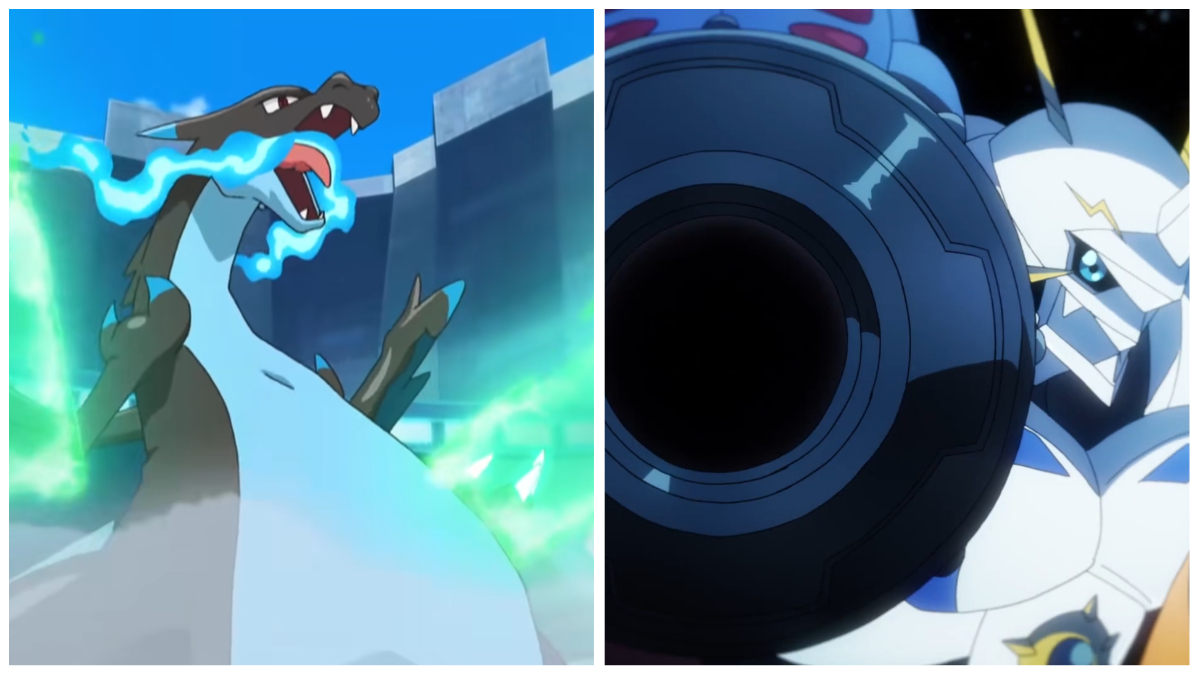
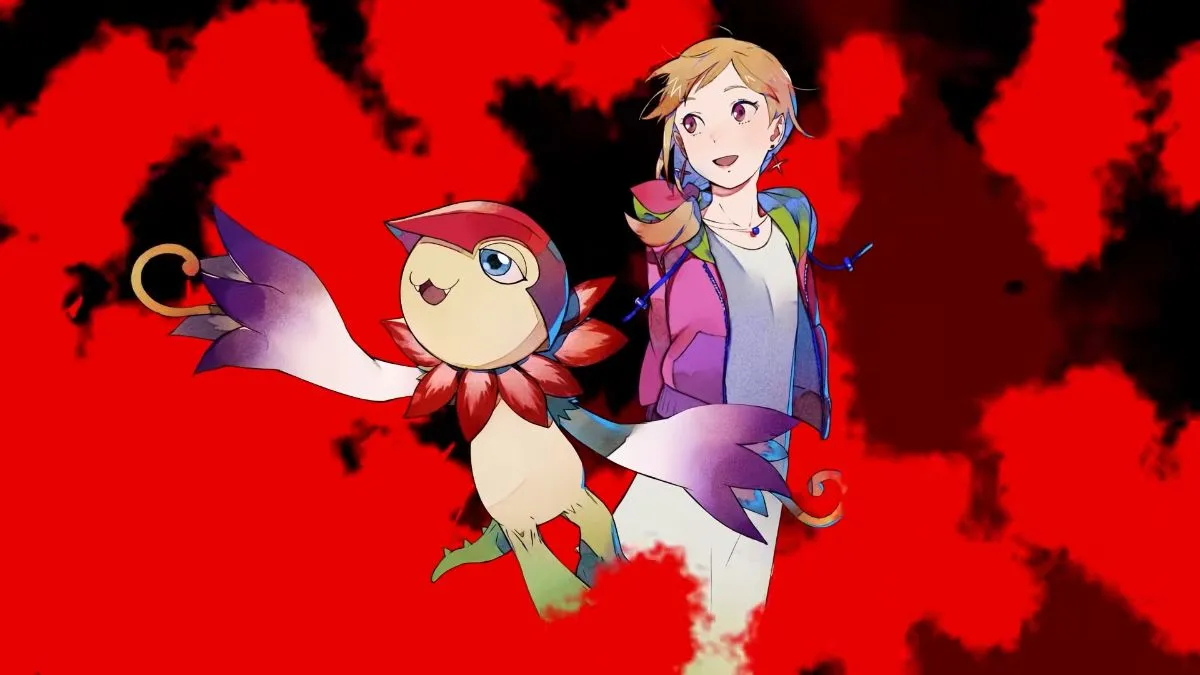
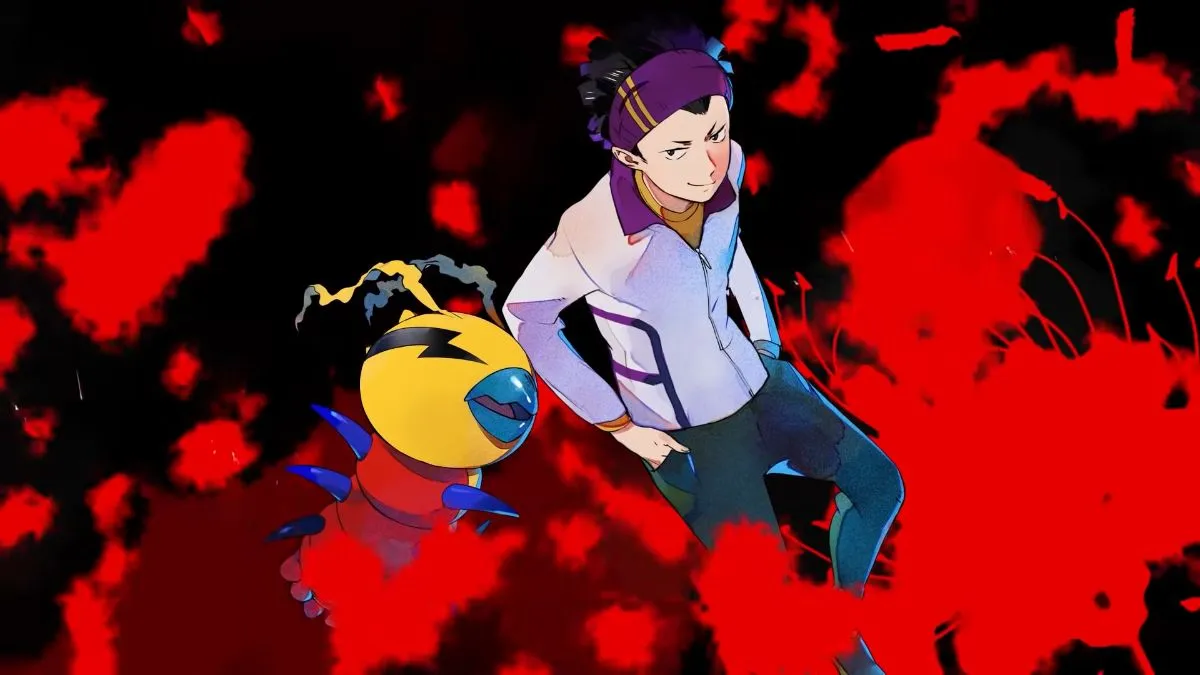
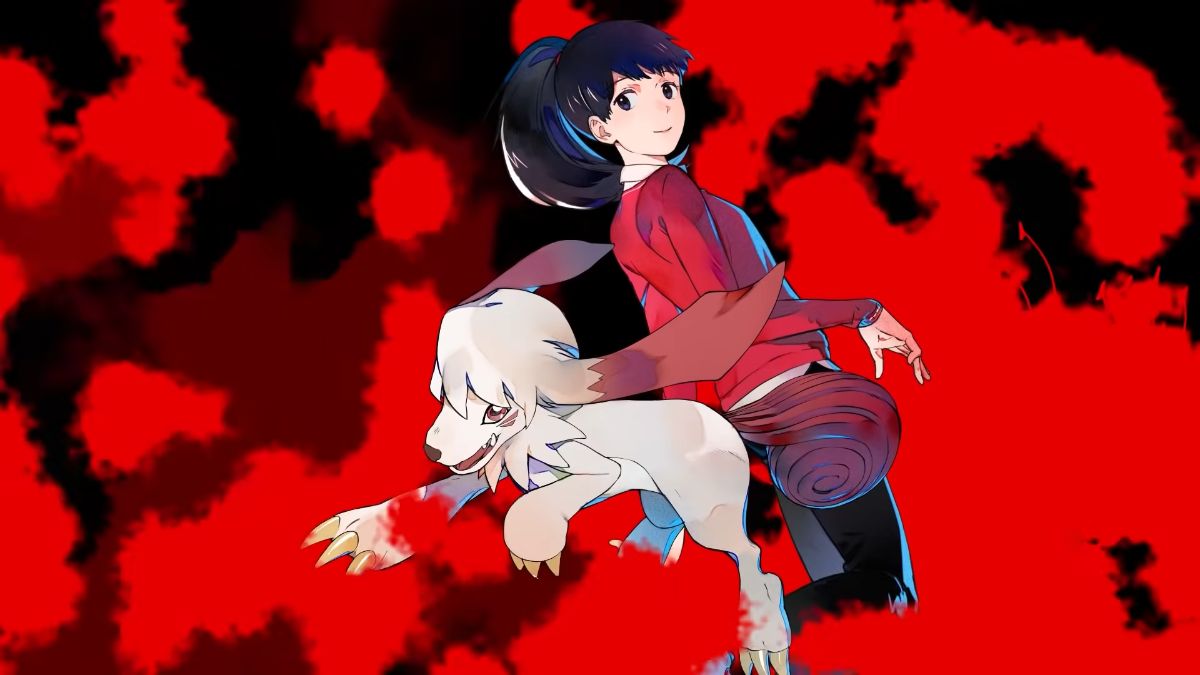
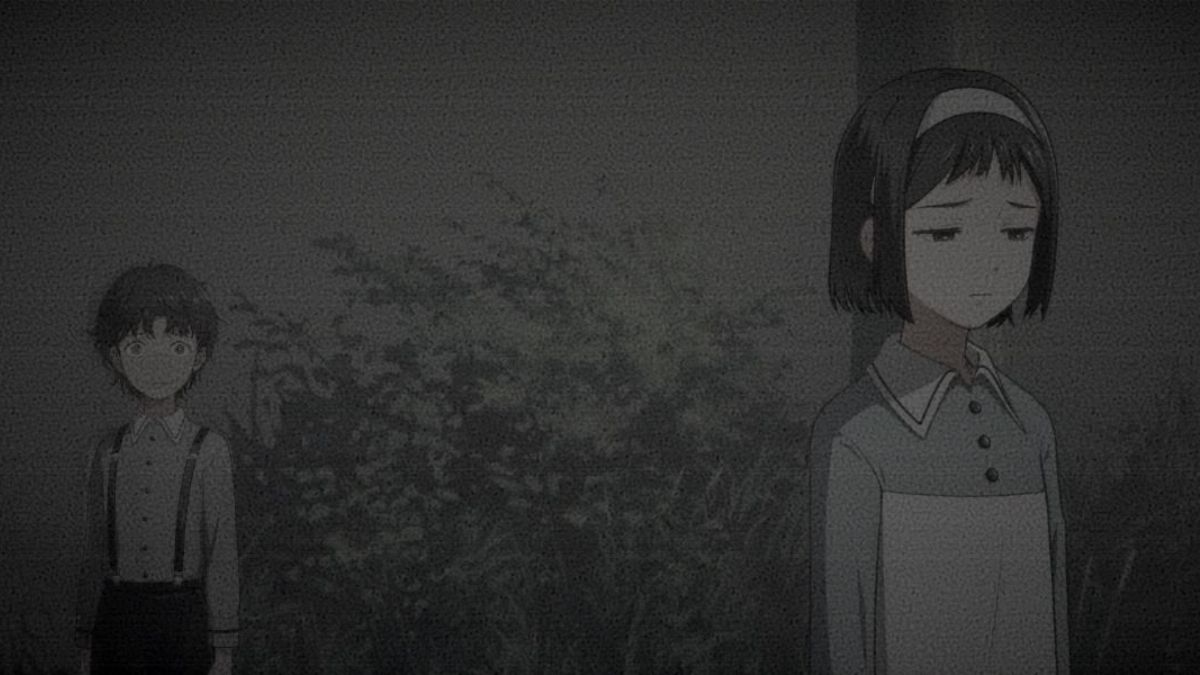
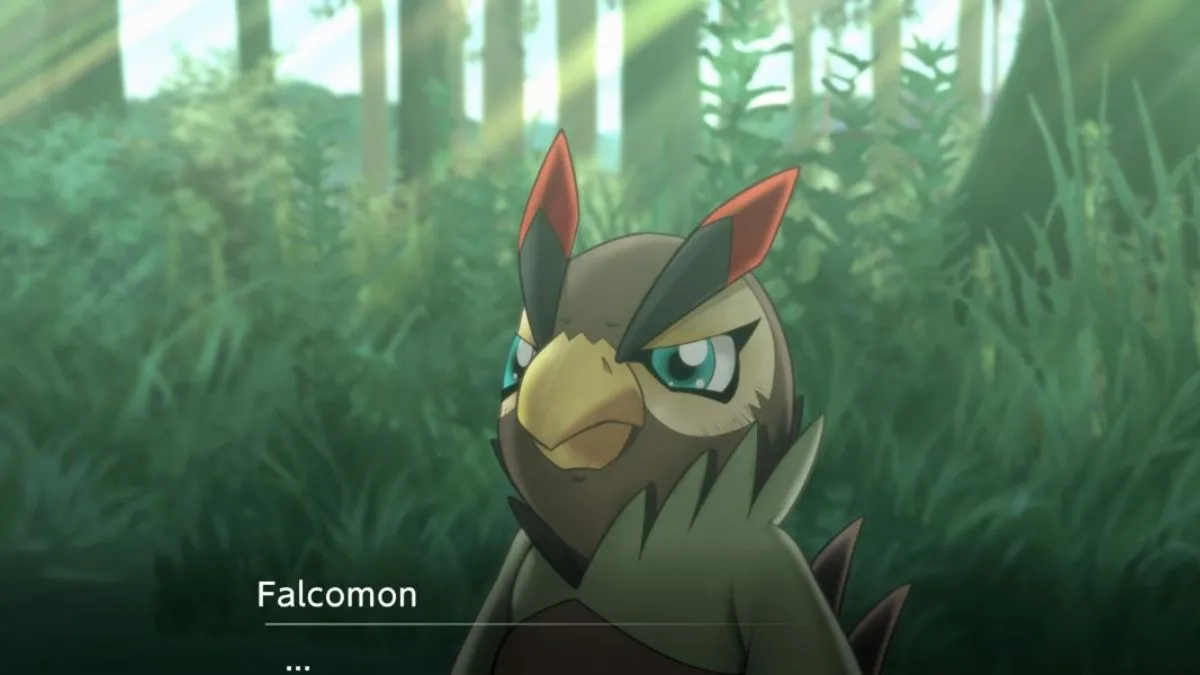
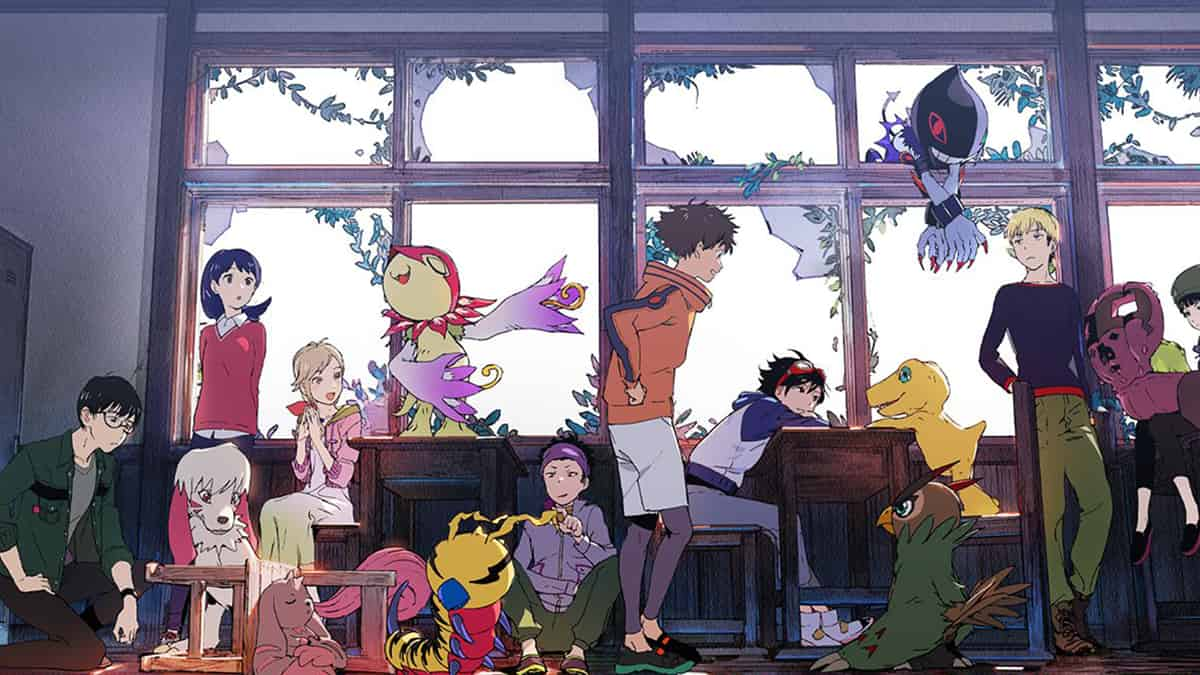

Published: Jan 6, 2023 12:19 pm